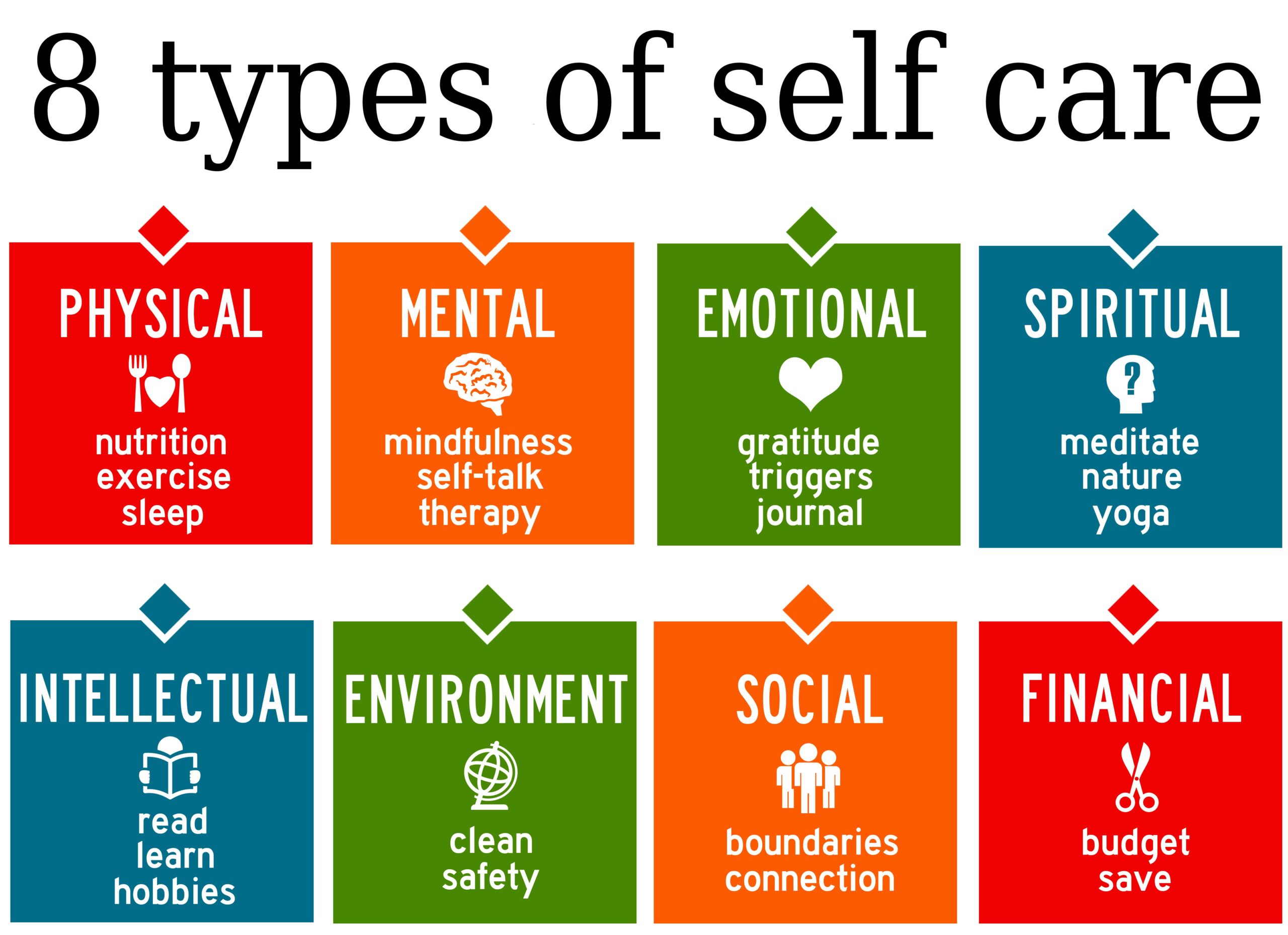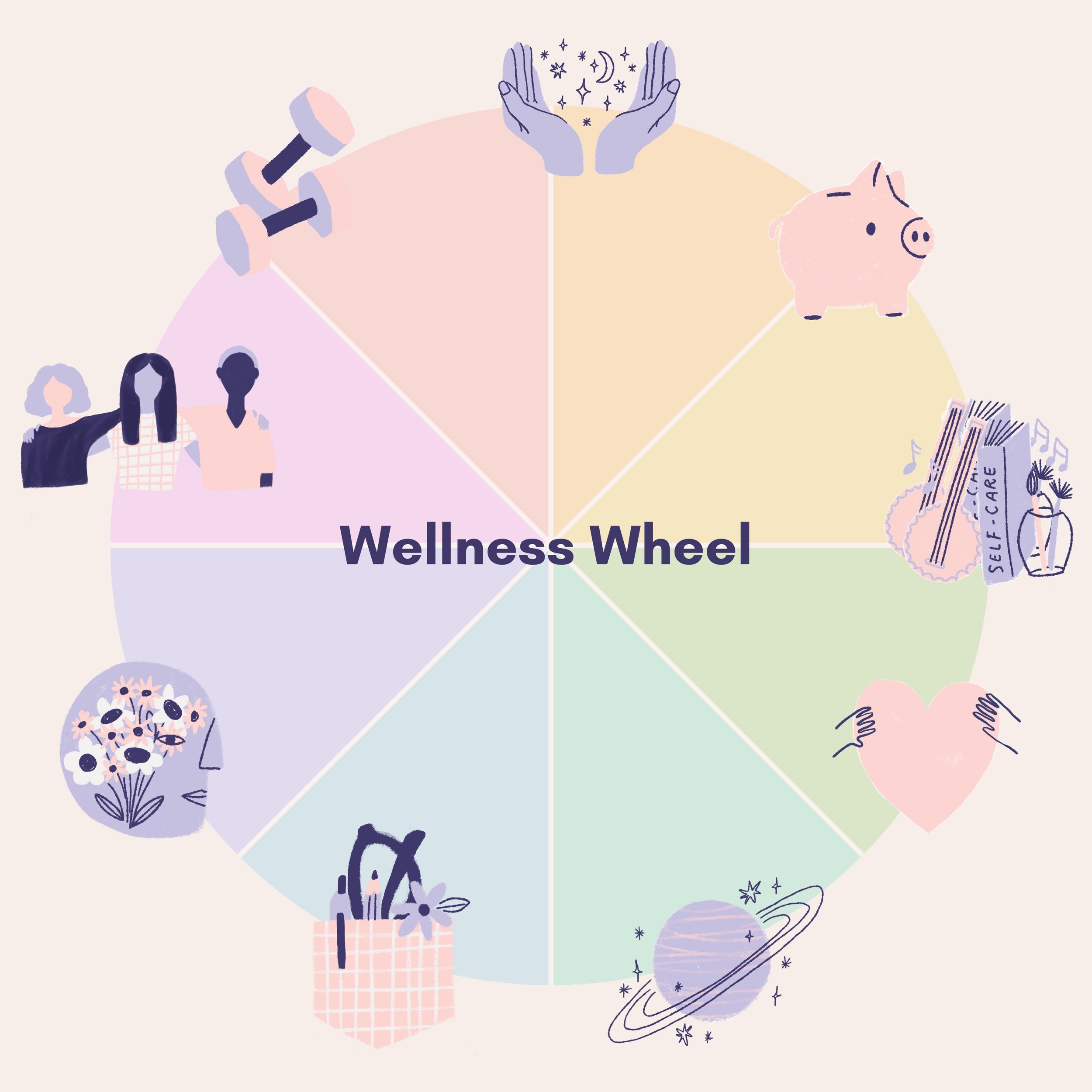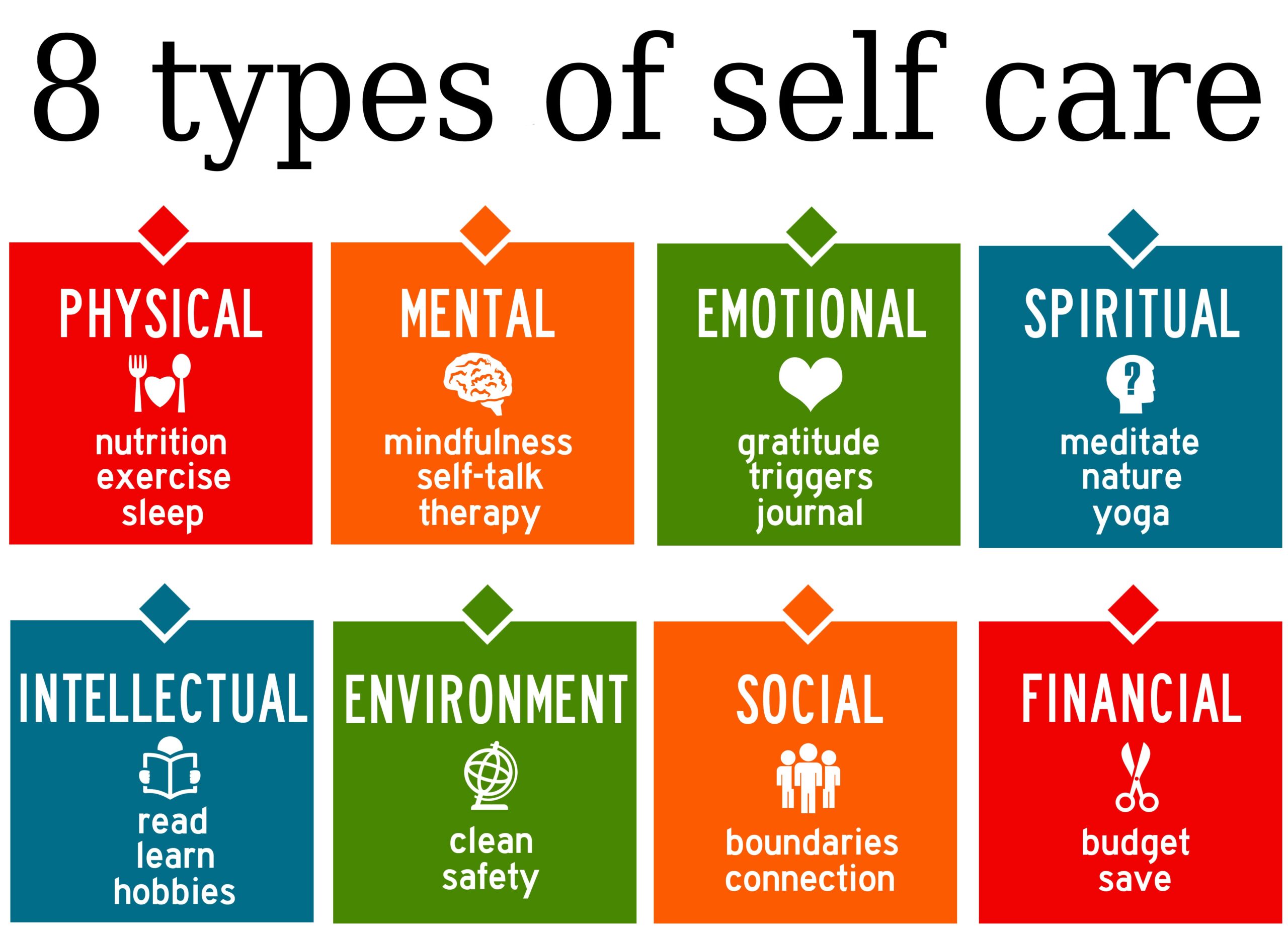Self-Care and Wellness: A Holistic Approach to Long-Term Health

In today’s fast-paced world, taking care of yourself has become more important than ever. Self-care is no longer just a luxury—it’s a necessity for maintaining physical, emotional, and mental well-being. But what does it mean to truly embrace self-care and wellness? This comprehensive guide will explore the holistic nature of self-care, the various dimensions of wellness, and how to incorporate sustainable self-care practices into your daily life.
What is Self-Care and Wellness?
Self-care refers to the intentional actions you take to promote your well-being, prevent illness, and manage stress. It involves adopting practices that nurture your body, mind, and soul, creating balance and fostering resilience. Wellness, on the other hand, is a broader concept that encompasses all aspects of self-care, including physical health, emotional stability, social connections, and intellectual growth.
By adopting a holistic self-care approach, you address every aspect of your well-being, creating a more balanced and fulfilling life.
Why is Self-Care Important?
Incorporating self-care practices into your routine is essential for several reasons:
- Stress Management: Regular self-care helps to manage and reduce stress, allowing you to remain calm and centered during challenging times.
- Improved Physical Health: Prioritizing physical wellness through exercise, sleep, and nutrition improves your overall health and energy levels.
- Enhanced Emotional Well-being: Practicing self-care helps to balance emotions, boost your mood, and cultivate a positive mindset.
- Increased Productivity: When you care for your body and mind, you become more focused and productive in both personal and professional endeavors.
Types of Self-Care for Lasting Wellness
Holistic self-care involves nurturing every aspect of your being. Let’s break down the various types of self-care that contribute to lasting wellness:
1. Physical Self-Care
Physical self-care focuses on maintaining your body’s health through proper nutrition, exercise, and sleep. When you prioritize your physical well-being, you build the foundation for all other aspects of self-care.
- Exercise: Regular physical activity improves cardiovascular health, boosts mood, and increases energy. Aim for at least 30 minutes of moderate exercise, such as walking, yoga, or strength training, several times a week.
- Nutrition: Eating a balanced diet rich in vitamins, minerals, and antioxidants supports overall health. Include whole grains, lean proteins, healthy fats, and plenty of fruits and vegetables in your meals.
- Sleep: Quality sleep is crucial for physical restoration and mental clarity. Aim for 7-9 hours of sleep each night and establish a calming bedtime routine to ensure restfulness.

2. Emotional Self-Care
Emotional self-care involves taking steps to nurture your emotional health and maintain a balanced mental state. This type of self-care helps you develop resilience, manage negative emotions, and cultivate positive relationships.
- Mindfulness and Meditation: Practicing mindfulness or engaging in meditation helps to quiet your mind and reduce emotional reactivity. Techniques like deep breathing and body scans can promote relaxation.
- Journaling: Writing down your thoughts and feelings can help process emotions and provide clarity. Journaling also allows you to track your growth and identify emotional patterns.
- Therapy or Counseling: Speaking with a therapist or counselor provides emotional support and tools for managing stress, anxiety, and other emotional challenges.
3. Social Self-Care
Your relationships with others play a significant role in your overall wellness. Social self-care focuses on fostering meaningful connections and creating a strong support network.
- Quality Time with Loved Ones: Spend time with family and friends who uplift and support you. Deepening your social connections promotes feelings of belonging and happiness.
- Set Boundaries: Establish healthy boundaries to protect your time and energy. Learning to say no and prioritize yourself is crucial for maintaining balance.
- Community Involvement: Engage in social activities that bring you joy, such as volunteering, joining clubs, or attending events. Giving back can create a sense of purpose and fulfillment.
4. Intellectual Self-Care
Intellectual self-care encourages you to nourish your mind through continuous learning and stimulating activities. Stimulating your brain enhances cognitive function and keeps you engaged in life.
- Read Books and Articles: Engage with literature that expands your knowledge, whether it’s fiction, non-fiction, or professional development materials.
- Learn a New Skill: Take up hobbies or classes that challenge you and help you grow. Whether it’s learning a new language or mastering a craft, intellectual stimulation is key to self-improvement.
- Engage in Thoughtful Conversations: Surround yourself with people who encourage intellectual conversations and the exchange of ideas. This helps keep your mind sharp and fosters personal growth.
5. Spiritual Self-Care
Spiritual self-care focuses on nurturing your spirit and connecting with your deeper sense of purpose. It may or may not involve religious practices, depending on your personal beliefs.
- Practice Gratitude: Reflecting on what you’re grateful for each day helps to cultivate a positive mindset and deepen your connection to the present moment.
- Engage in Spiritual Practices: Whether through prayer, meditation, or nature walks, engaging in activities that align with your values and beliefs can foster inner peace and spiritual growth.
- Spend Time in Nature: Connecting with the natural world allows you to recharge and reflect. Take time to appreciate the beauty of the world around you.
Building a Self-Care Routine: Tips for Success
Creating a self-care routine that aligns with your lifestyle is essential for long-term wellness. Here are some tips for building and sticking to your self-care routine:
- Start Small: Begin by incorporating one or two self-care practices into your daily routine. Once you feel comfortable, gradually add more.
- Be Consistent: Consistency is key to seeing long-term benefits. Make self-care a non-negotiable part of your schedule.
- Make it Enjoyable: Choose self-care activities that you genuinely enjoy. This will make it easier to stick with them over time.
- Track Your Progress: Keep a journal or use apps to track your self-care practices and monitor your progress.
Frequently Asked Questions (FAQs)
What is the difference between self-care and wellness?
Self-care refers to the intentional actions you take to care for your physical, emotional, and mental health. Wellness, on the other hand, is a holistic approach to maintaining a balanced life across all dimensions—physical, emotional, social, and intellectual—through self-care practices.
How do I start a self-care routine?
Start by choosing one or two self-care practices that resonate with you, such as mindfulness or regular exercise. Gradually expand your routine as you become more comfortable. Make time for self-care every day, and remember to listen to your body and mind’s needs.
Is self-care the same as being selfish?
No, self-care is not selfish. In fact, practicing self-care allows you to be more present and available to others by replenishing your energy and reducing stress. Taking care of yourself is essential for showing up as your best self in all areas of life.
How do I know which type of self-care I need?
Assess your current state of well-being. If you’re feeling physically drained, prioritize physical self-care like exercise and nutrition. If you’re stressed emotionally, focus on emotional self-care such as mindfulness or therapy. Self-care is personalized—choose the practices that best support your current needs.
Conclusion
Self-care and wellness are integral components of living a balanced and fulfilling life. By embracing a holistic approach that nurtures your physical, emotional, intellectual, social, and spiritual health, you can improve your overall well-being and cultivate lasting wellness.
Start today by incorporating small self-care habits into your routine. The benefits of a consistent self-care practice are far-reaching and will support your journey to a healthier, more balanced life.
For more tips on holistic wellness, visit Scottsdale Recovery and FitPAA.

